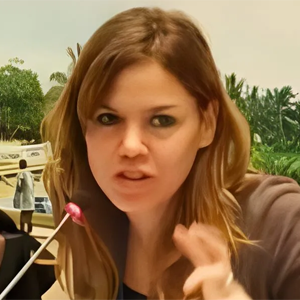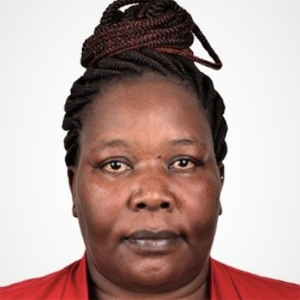Country voices: Creating a common vision for future landscapes
A new framework to support countries in transforming agricultural systems by scaling up sustainable production, restoring ecosystems and alleviating pressure on forests to improve food value chains will soon be put to the test.
The Participatory Informed Landscape Approach, known as PILA, uses an integrated landscape management approach to accelerate the transformation of value chains at the landscape level. PILA, developed by the Food and Agriculture Organization of the United Nations as part of the Food Systems, Land Use and Restoration (FOLUR) Impact Program, is now being piloted in India, Kenya, Nicaragua, Nigeria and Vietnam. This session will bring together experts and landscape actors implementing PILA to discuss the role of integrated landscape management, how decisions across the value chain are made and the role of smallholder farmers.
Related Knowledge Products:

Laura Guarnieri

Betty Kibaara

Anne Fidelis Itubo

Philip Kisoyan















